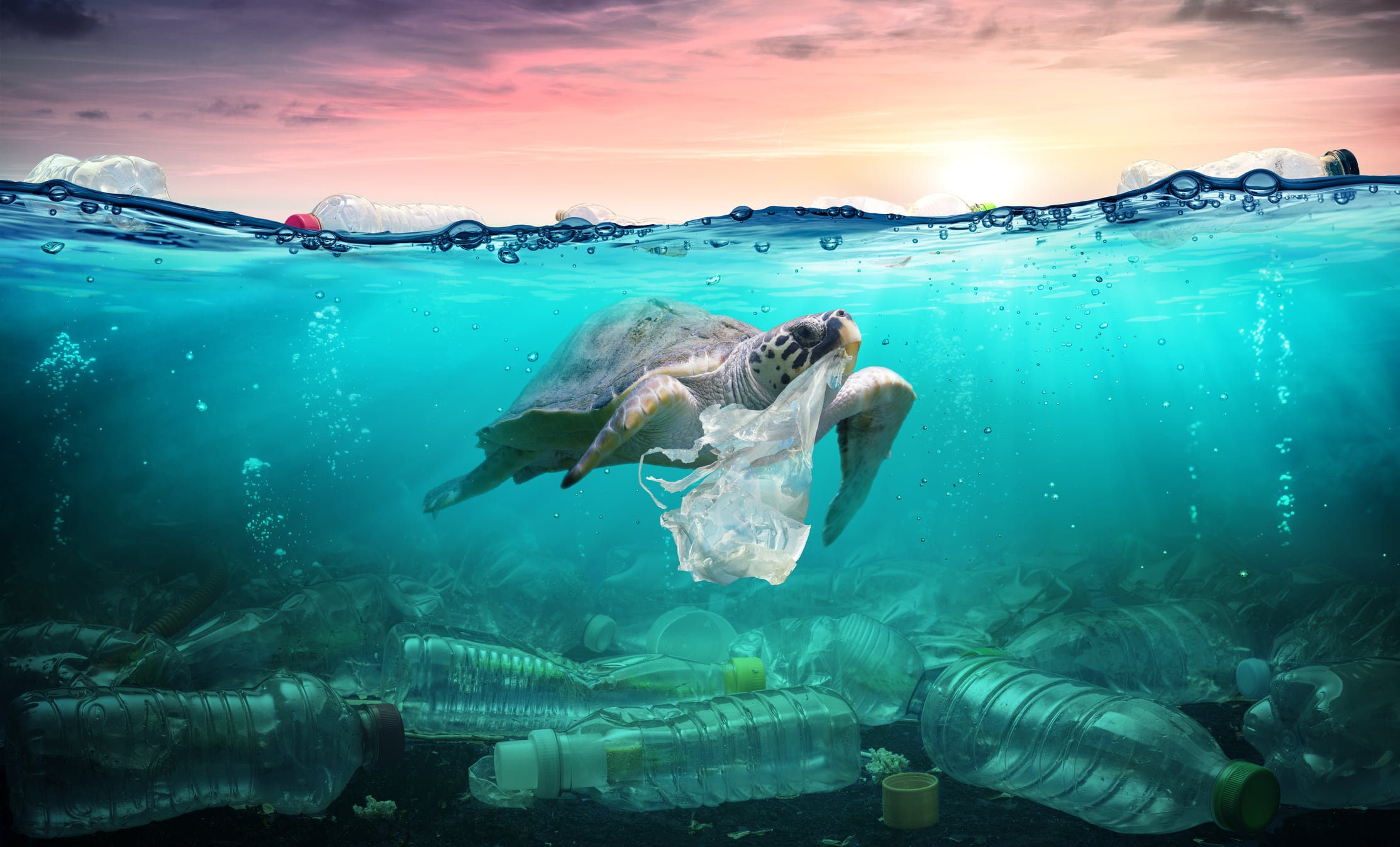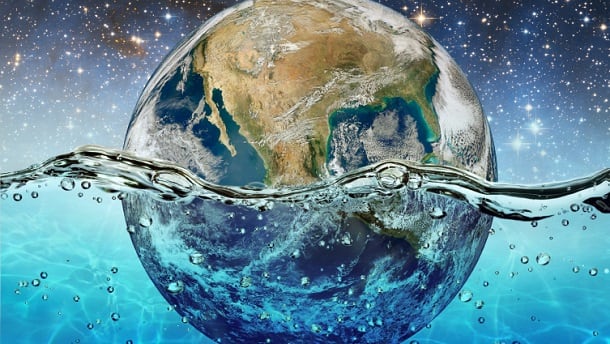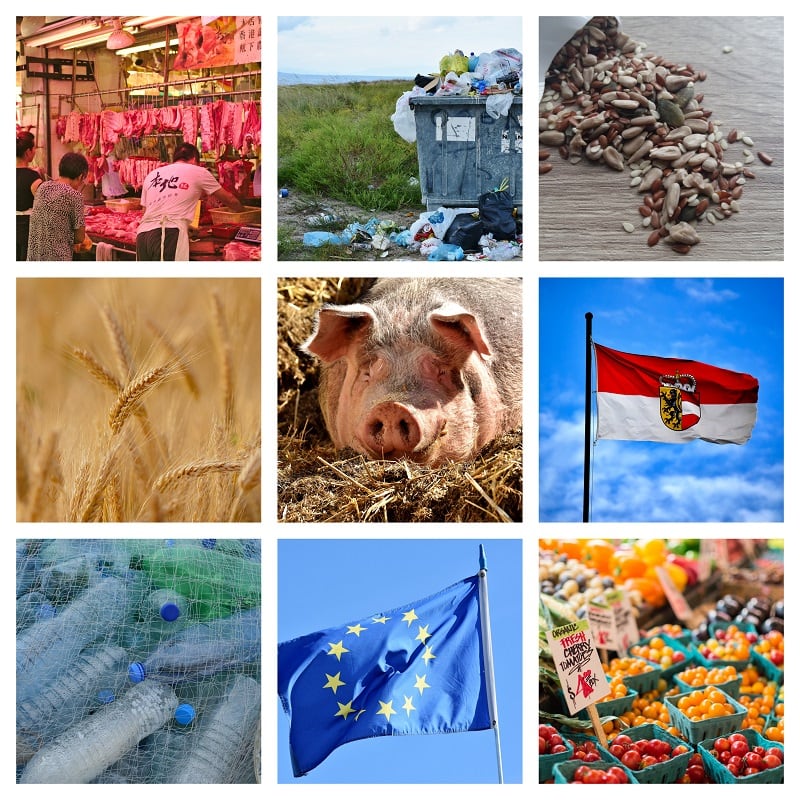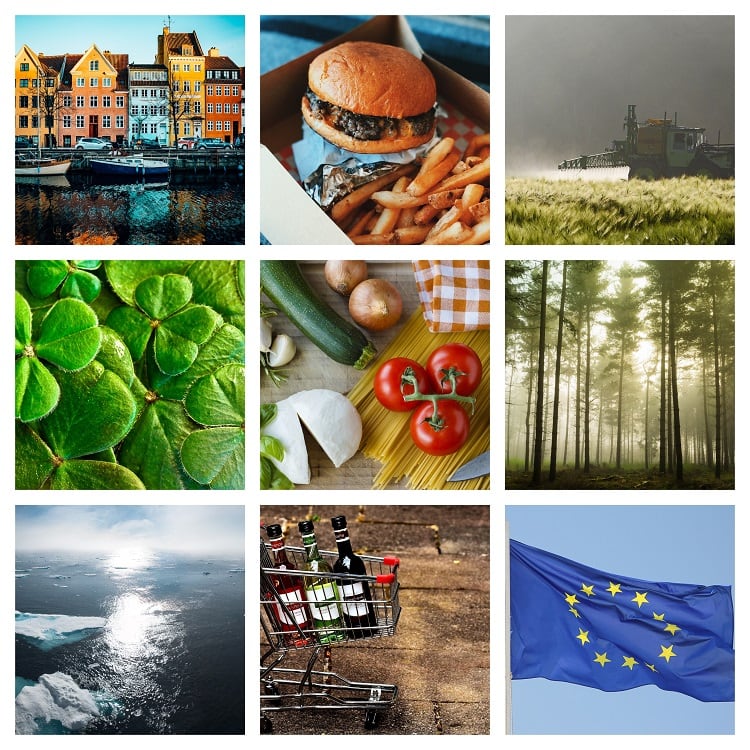Unilever has announced plans to halve the amount of new plastic it uses within six years.
The Anglo-Dutch consumer goods giant, which owns Knorr, Lipton, Marmite, PG Tips and Hellmann’s mayonnaise, has promised to reduce its total use of plastic packaging by 100,000 tonnes a year to 600,000 tonnes by 2025. It also plans to accelerate its use of recycled plastics in products as part of a target of having 100% reusable, recyclable or compostable plastic packaging by the same date.
“Fixing a system that results in about 60% of plastic packaging ending up in landfill or the natural environment will take a huge collective effort from manufacturers, governments and the recycling industry,” Alan Jope, chief executive of Unilever, wrote in The Times.
His full statement read: “Plastic has its place, but that place is not in the environment. We can only eliminate plastic waste by acting fast and taking radical action at all points in the plastic cycle."
The plans hinge on being able to cut the use of new plastics by creating greener versions of packaging. Unilever has been exploring new ways of packaging since 2017. Innovations via its ‘Through Less Plastic’ scheme include the Lipton ‘festival bottle’ which is made of 100% recycled plastic and is collected using a deposit scheme.
“Our starting point has to be design, reducing the amount of plastic we use, and then making sure that what we do use increasingly comes from recycled sources. We are also committed to ensuring all our plastic packaging is reusable, recyclable or compostable,” continued Jupe.
“This demands a fundamental rethink in our approach to our packaging and products. It requires us to introduce new and innovative packaging materials and scale up new business models, like re-use and re-fill formats, at an unprecedented speed and intensity.”
Unilever has confirmed that by 2025 it will:
Halve its use of new plastic, by reducing its absolute use of plastic packaging by more than 100,000 tonnes and accelerating its use of recycled plastic
Help collect and process more plastic packaging than it sells
'We are committed to our drive towards a circular economy'
Unilever’s commitment will require its business to help collect and process around 600,000 tonnes of plastic annually by 2025. This will be delivered through investment and partnerships which improve waste management infrastructure in many of the countries in which Unilever operates.
Unilever has posted a video on its website addressing the issue of ocean plastic and committing to play its part to ‘make the blue planet, blue again’.
Jope added: “Our vision is a world in which everyone works together to ensure that plastic stays in the economy and out of the environment. Our plastic is our responsibility and so we are committed to collecting back more than we sell, as part of our drive towards a circular economy. This is a daunting but exciting task which will help drive global demand for recycled plastic.”
Unilever has ‘opportunity to lead sector out of the plastic mess it has created’
Campaigners welcomed the move. "Today’s announcement by Unilever is a significant step in creating a circular economy for plastic,” said Ellen MacArthur, Founder, Ellen MacArthur Foundation.
“By eliminating unnecessary packaging through innovations such as refill, reuse, and concentrates, while increasing their use of recycled plastic, Unilever is demonstrating how businesses can move away from virgin plastics. We urge others to follow their lead, so collectively we can eliminate the plastic we don’t need, innovate, so what we do need is circulated, and ultimately build an economic system where plastic packaging never becomes waste."
Graham Forbes Global Project Leader at Greenpeace USA called Unilever’s announcement a ‘step in the right direction’. But he hinted the plans didn’t go far enough. “For a company that uses 700,000 tonnes of plastic annually, Unilever’s continued emphasis on collection, alternative materials, and recycled content will not result in the systemic shift required to solve the growing plastic pollution problem,” he told FoodNavigator.
Greenpeace is encouraging Unilever to prioritise its efforts upstream by redesigning single-use plastic and packaging out of its business model, and being more specific about the investment it will be making in reusable and refillable alternatives. “As one of the first global companies taking this challenge seriously, Unilever has the opportunity to lead the sector out of the plastic mess it has created,” noted Forbes. “Multinational corporations that don’t follow suit will become increasingly irrelevant in a world where people aren’t willing to sacrifice a liveable planet for the illusion of ‘convenience’.”
Friends of the Earth campaigner Julian Kirby said a key question was waste reduction: “It’s encouraging to see firms pledging significant plastic reductions, but the key question is whether they’re doing so by prioritising waste reduction, refill and reuse, over and above recycling, or replacing plastic with another single-use material," she told FoodNavigator.
“Compostable materials may sound like a great solution, but many waste authorities don’t have the facilities to deal with ‘compostable’ packaging or containers. Ultimately to beat the scourge of plastic pollution we’ll need to phase-out the use of all the most essential plastics – with government legislation to ensure this happens.”
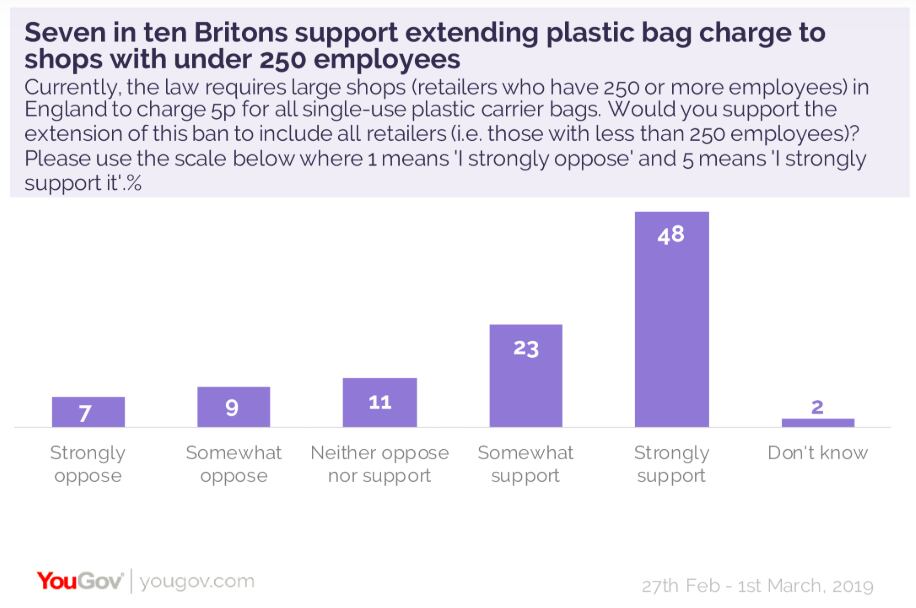
Consumers say they’d pay more for products with eco-friendly packaging
Unilever’s plans to cut the use of new plastics and innovate to create greener versions of packaging comes amid a massive shift in focus on the issue among consumers.
Earlier this year 69% of respondents told a YouGov survey in the UK they think all companies should be required by law to use eco-friendly packaging.
In July, Ocado’s head of corporate responsibility complained that consumer attitudes were ‘bordering on militant’, a fact that was hindering innovations to find more environmentally plastic solutions and potentially storing a bigger problem in food waste: which has a bigger carbon footprint than plastic pollution. Food waste is also being tackled by Unilever through its ‘Best before, often good after’ initiative.


